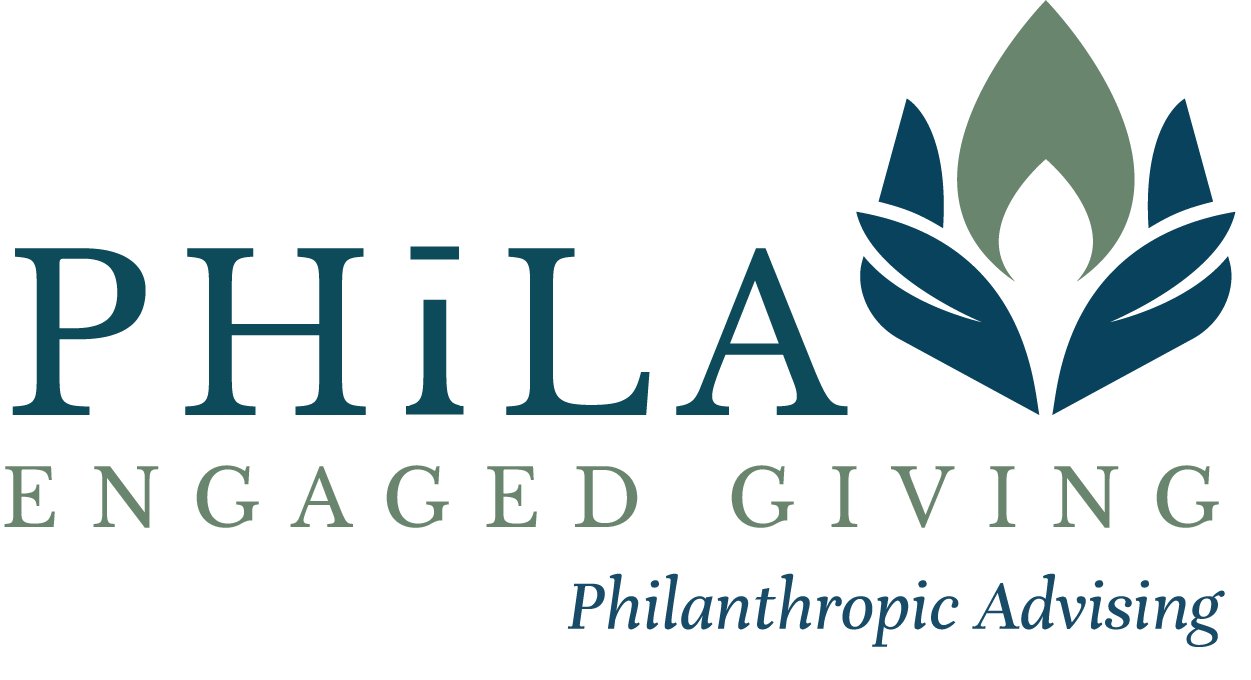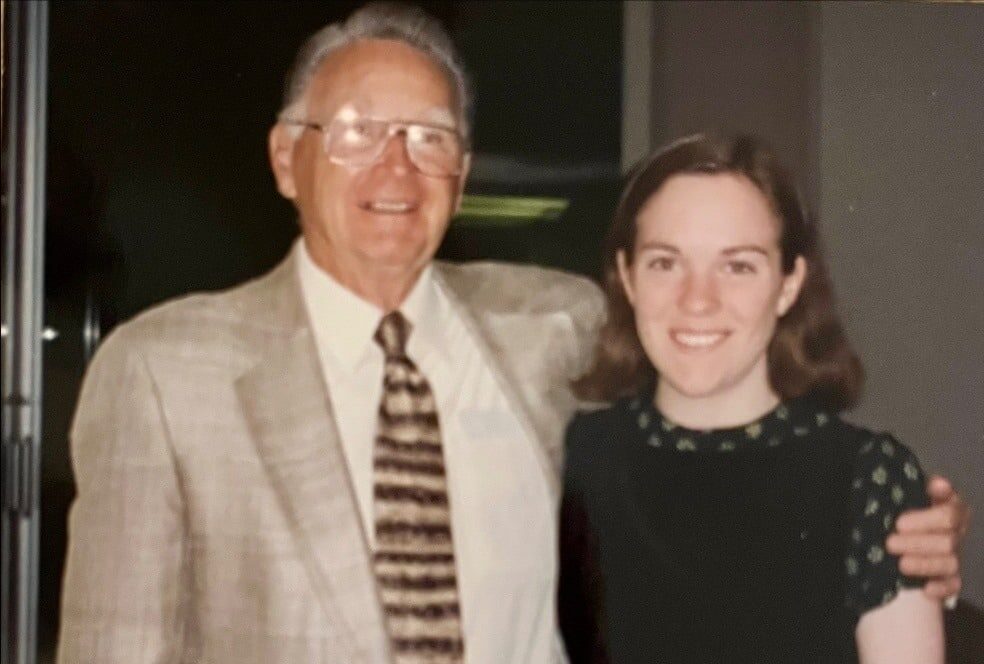By Lauren Janus, Chief Operating Officer and Director
Those of us fortunate enough to work in the fields of philanthropy, nonprofits and legacy planning are intimately familiar with The Great Wealth Transfer.
At Phīla, we walk alongside families who are actively participating in this massive movement of wealth from Baby Boomers to Millennials and Gen-Zers. We know how deeply responsible older generations feel about passing along appropriate values and strategies for stewarding this wealth, much of which accumulated almost without them noticing. And we understand how common–and even healthy–it is for younger generations to buck and strain under the expectations that can come with family financial abundance.
Despite my own deep familiarity with the challenges, discomfort, and even triumphs of The Great Wealth Transfer, only recently have I come to realize (and accept) that I, too, am a Next Gen inheritor. Sometimes we’re so deep in the work we don’t look up until the wind rattles our own windows.
The fact is, thanks to the hard work and generosity of my grandparents–and the fiscal stewardship of my own Baby Boomer parents–I’ve begun to benefit from my grandparents’ success at a rate that significantly outstrips my own family’s financial needs.
It is hard for me to acknowledge my privilege in this very public way, as talking about it goes against all my natural instincts, which are to keep my private life private. It also violates the money messages I heard growing up, particularly the most important one: “Never talk about money, even inside the family!”
So why am I naming—and sharing–my Next Gen status now? I have two reasons.
A cautionary tale. Human history has taught us that fear is never a productive reason to avoid talking about something scary. In many families, wealth is not discussed because of what it might invite.
“If the children know about their trusts, they may not finish college.”
“What’s the point of talking about money now? Who knows if we’ll still have it by the time the kids are grown?”
“I don’t want to set any expectations.”
I’ve heard each of these concerns from either my own relatives or families I’ve worked with over the years.
In many cases these comments are made or implied by well-intentioned parents and grandparents looking to protect younger generations. But just as sunlight kills disease, talking about money early and often with younger generations can prevent many family ailments, from confusion to mistrust or even estrangement.
I admit that I’m the kind of person who doesn’t always see what she doesn’t want to see, and I often actively avoid conflict. Money was a third rail in my family, so even though I should have put more pieces of the puzzle together sooner, I just didn’t. I suppose I also didn’t want to assume I was “getting” anything.
While the outcome of all of this secrecy wasn’t catastrophic in my family, it wasn’t ideal. Taking the time to discuss these issues sooner could have allowed me time to plan, to interview advisors, to talk to my husband about his feelings in all of this. And because portions of my inheritance are still shared within the family, it would have given me time to get to know my cousins before we became business partners.
Now is the right time. Since we’re on the topic of elephants in the room, here’s another one—our country is not well right now.
If we as a country are going to move through this period of pain and uncertainty, it’s going to take all of us rolling up our sleeves and, as my British friends say, “doing our bit.”
The federal government’s drastic cuts to international aid, global health, DEI programs and social services are deeply harmful and undemocratic. To my mind, this is no time for hiding behind curtains, protecting our small piece of this country. We need to come together, talk openly about who we are and how we can use our gifts to protect what all of our families fought for over generations.
I believe strongly in what we remind our clients at Phīla, which is that the definition of wealth goes far beyond the financial. But the truth is that money can solve problems, and it can open doors others may find padlocked shut. As personally uncomfortable as it can be, it’s time for Next Geners like myself to acknowledge our gifts, use them to unlock doors to power and to privilege, grab the hands of our neighbors, and walk on through.



